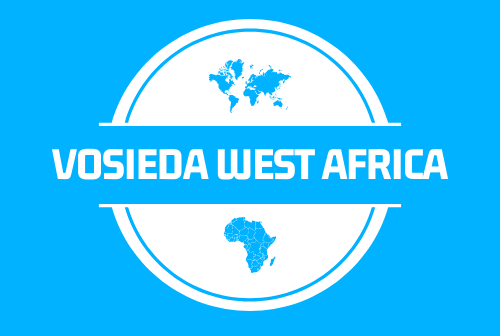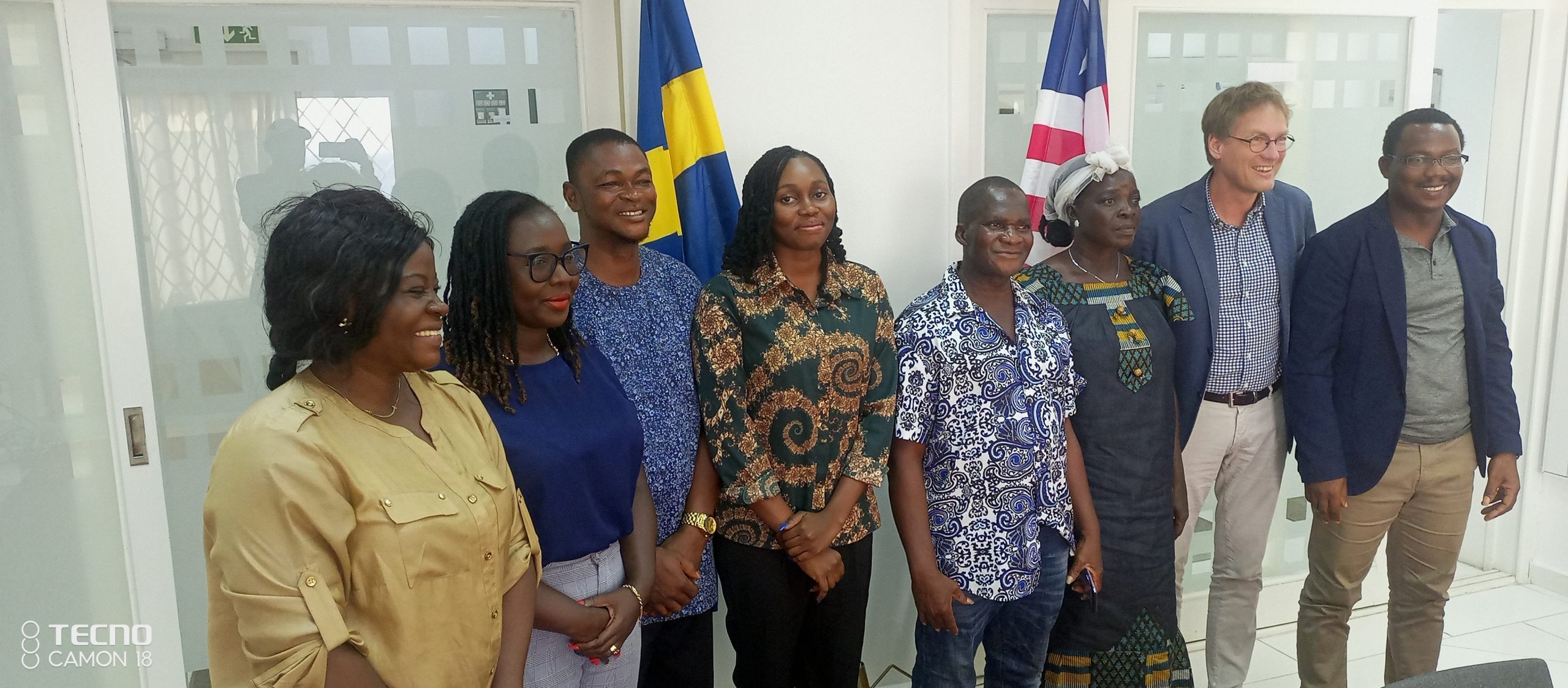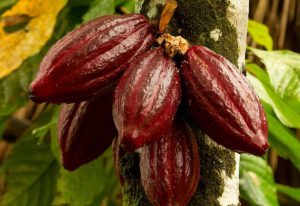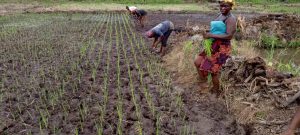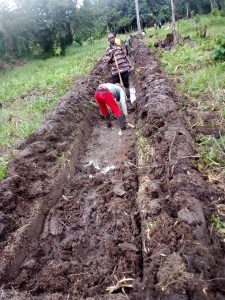Climate change has adversely affected Liberia’s agriculture, which is the main income source and livelihood for most of the population. Irregular rainfall, short rainy seasons, droughts, flooding, sea level rise, massive youth and rural unemployment, declining soil fertility, intensifying climate variability and deteriorating living conditions for smallholder farmers have significant impact on rural farming communities as rural communities are now experiencing and reporting droughts, pests and disease outbreaks, erratic rainfall, flooding, heatwaves, crop failures, and other externalities.
From an environmental perspective, agriculture significantly contributes to climate change in Liberia through land-use change such as soil disturbance and deforestation through the slash-and-burn farming systems, etc.
The impacts of climate change will exacerbate baseline land degradation, threatening the food security and livelihoods of rural communities in Liberia and negatively impacting their economies.
To reduce the vulnerability of rural communities, on Thursday, November 17, 2022, Volunteers for Sustainable Development in Africa signed a grant agreement with the Embassy of Sweden in Monrovia for a 3-year project. The project will enable the transition from conventional to climate-resilient, regenerative agricultural (CRRA) practices. Through these practices, the delivery of agricultural ecosystem services will be enhanced and dependence on external inputs reduced.
With Sweden’s support of approximately 1.9 million United States Dollars, this project will achieve a paradigm shift towards enhanced delivery of agricultural ecosystem services and reduced dependence on external inputs. The project will (i) strengthen cross-sectoral partnerships. (ii) Enhance market incentives for CRRA; iii) provide training for farmers and iv) implement a robust monitoring and knowledge-sharing initiatives to support learning and adaptive implementation of CRRA. Directly, the grant will support over 60 farming groups in rural Liberia, particularly Nimba County through low-carbon / climate-smart agriculture initiatives. It will impact over four thousand two hundred (4,200) farming households or 21,000 farmers.
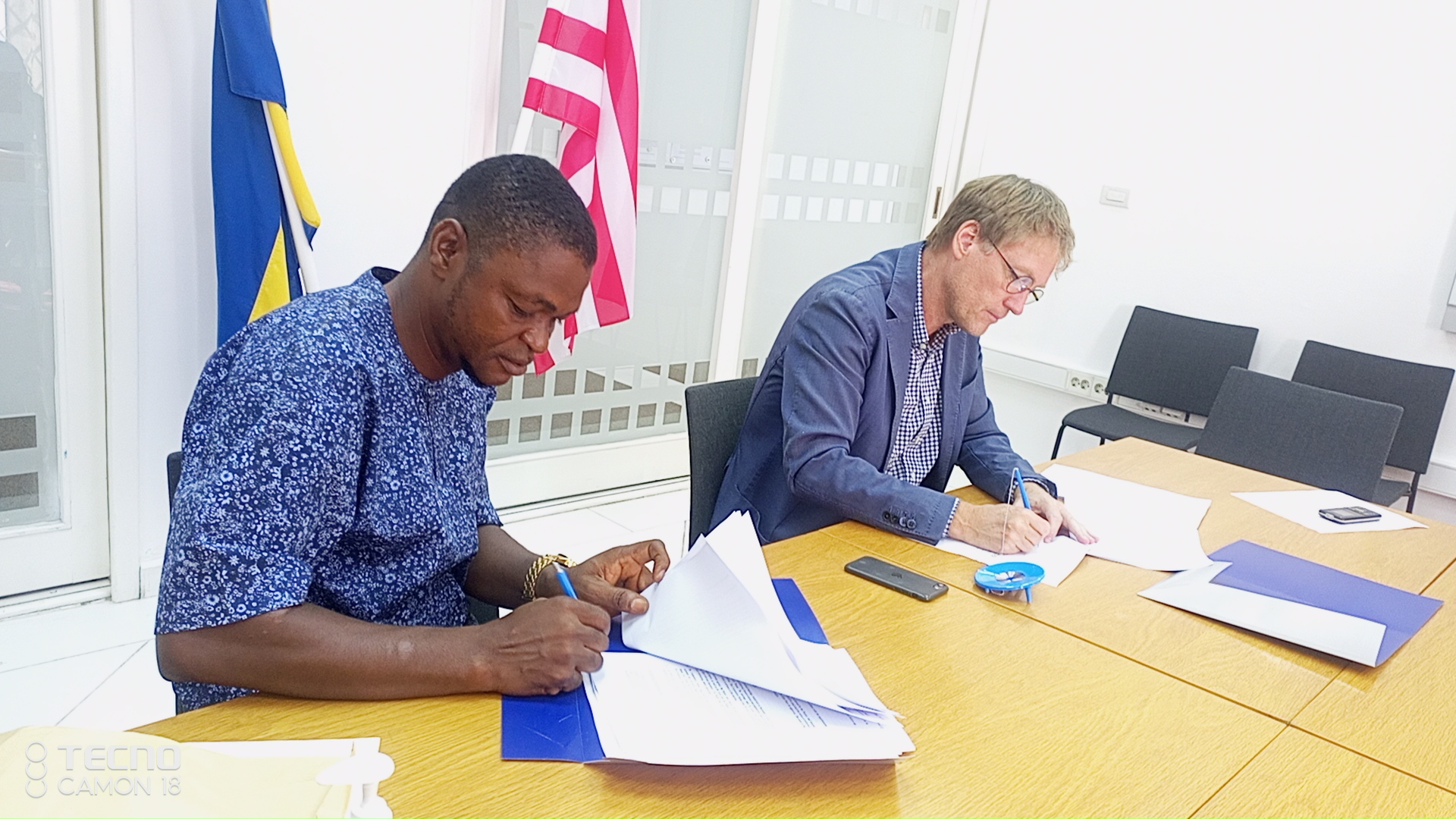 During the signing ceremony held at the Embassy of Sweden in Monrovia, the Head of Development Cooperation, Mr. Johan Romare said that the process was rigorous; it consisted of several options of national and international organizations, etc. However, VOSIEDA has been selected because Sweden wants to see localize sustainable development and believes Liberians must be trusted to lead their development efforts.
During the signing ceremony held at the Embassy of Sweden in Monrovia, the Head of Development Cooperation, Mr. Johan Romare said that the process was rigorous; it consisted of several options of national and international organizations, etc. However, VOSIEDA has been selected because Sweden wants to see localize sustainable development and believes Liberians must be trusted to lead their development efforts.
Romare also said Liberia will only develop if Liberians are supported to implement development initiatives by themselves. Moreover, VOSIEDA, a Liberian organization, has shown to be a trustworthy organization according to various capacity assessments.
Meanwhile, the Team Leader for VOSIEDA, Timothy Kortu, lauded the Swedish government for the opportunity and stated that he believes in evidence-based results. Mr. Kortu further said the three-year agreement with Sweden is a great test for his institution and the Liberian people. “We have to perform beyond expectations because an excellent performance by VOSIEDA will open doors of opportunities for other Liberian organizations to win the trust of bi-literal cooperation with Sweden”.
At the same time, the Chair of the Climate Smart Farmers Association of Nimba, Fredrick Gonkartee, applauded the Swedish government and people for their support. Mr. Gonkartee said, in the past, international NGOs have often designed farming projects for farmers without involving the beneficiary. As a result, most farming projects have yielded no substantial results, thereby becoming wasted resources.
He averred that this is the first time for farmers to form part of the design of a major agriculture project in Liberia that is approved by major donors like Sweden to be implemented by Liberians directly. He said he believes most of the challenges that farmers face such as lack of improved irrigation systems, access to better farming equipment, seeds, etc. are now integrated into this project which they (farmers) have designed.
On behalf of the Board of Directors, Ms. Laura Golakeh, thanks the Embassy for entrusting their organization with the project, as she pledges VOSIEDA’s commitment to performing beyond doubt. Ms. Golakeh, who is also a gender expert, praised the embassy for prioritizing small-scale farmers, especially women farmers under the project.
Do you need additional information? Please meet our Program Manager
Program Manager
Food Security and Livelihood Enhancement
